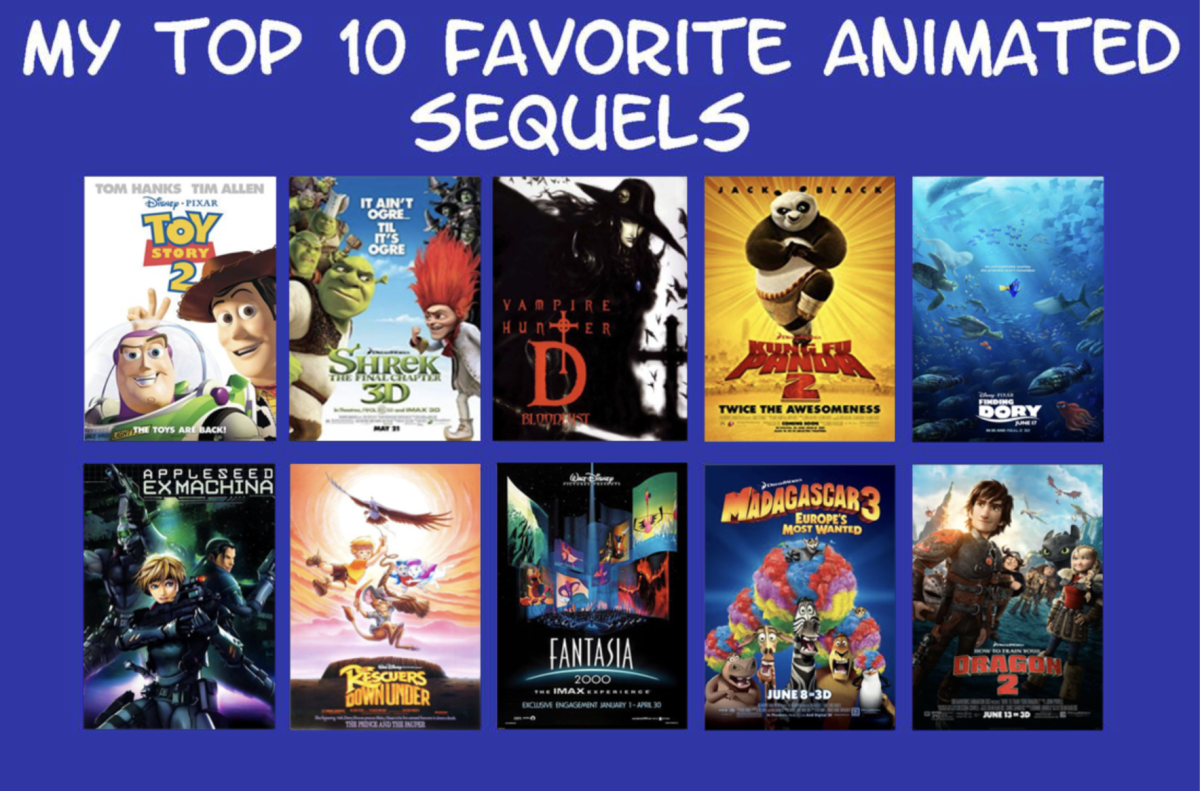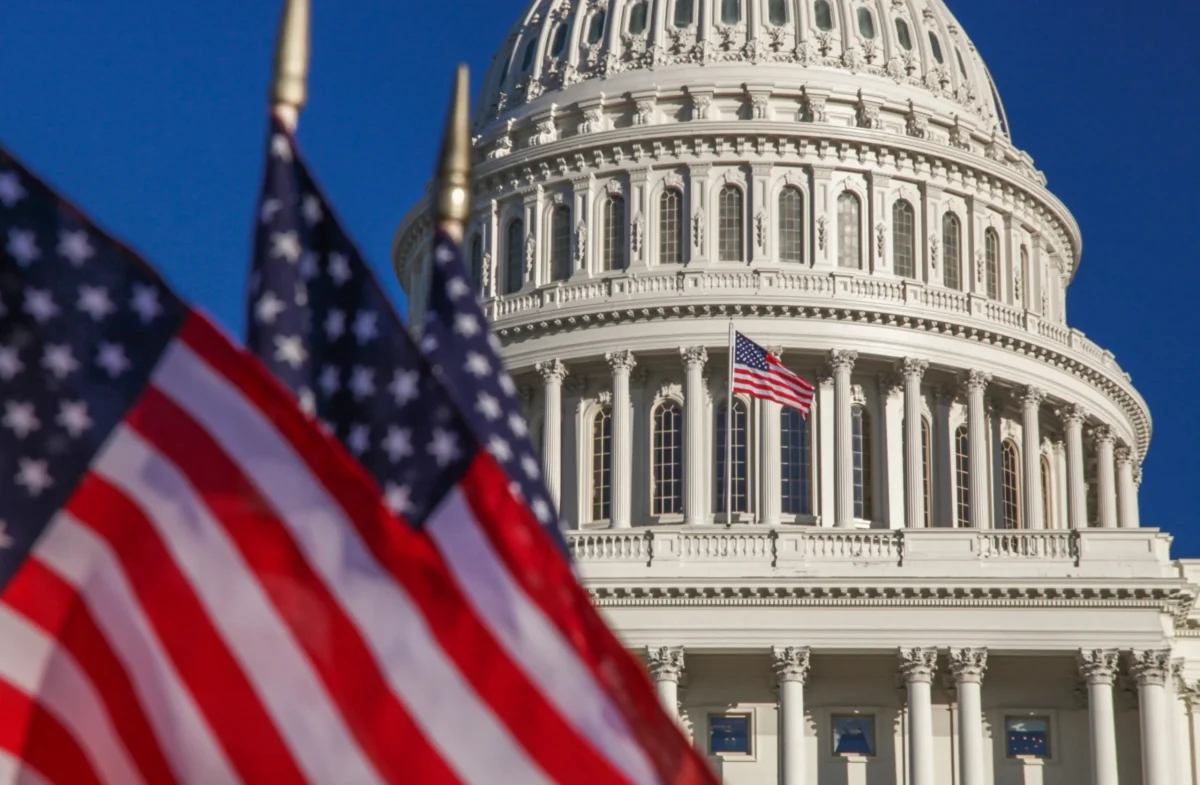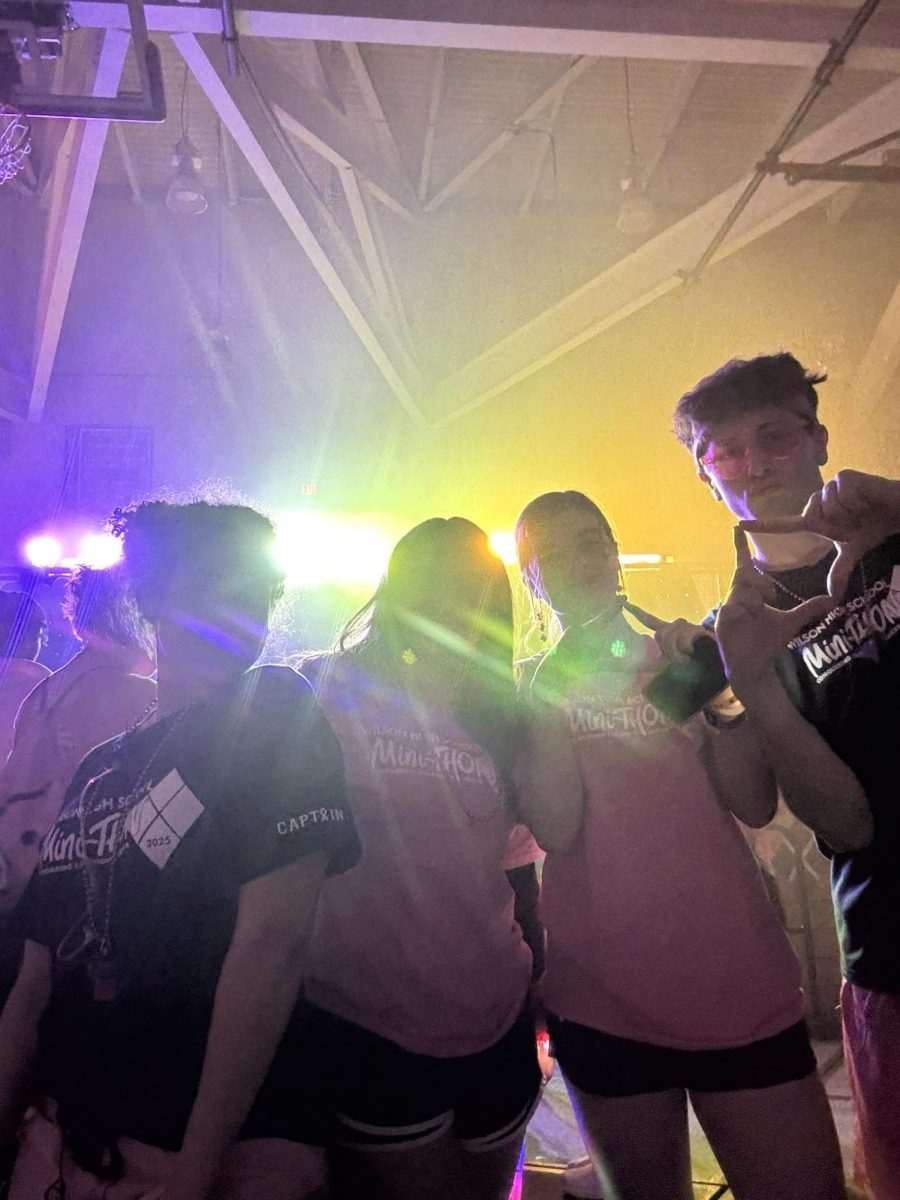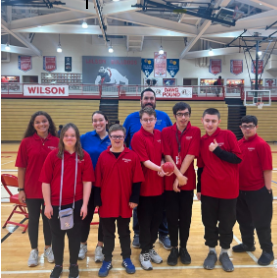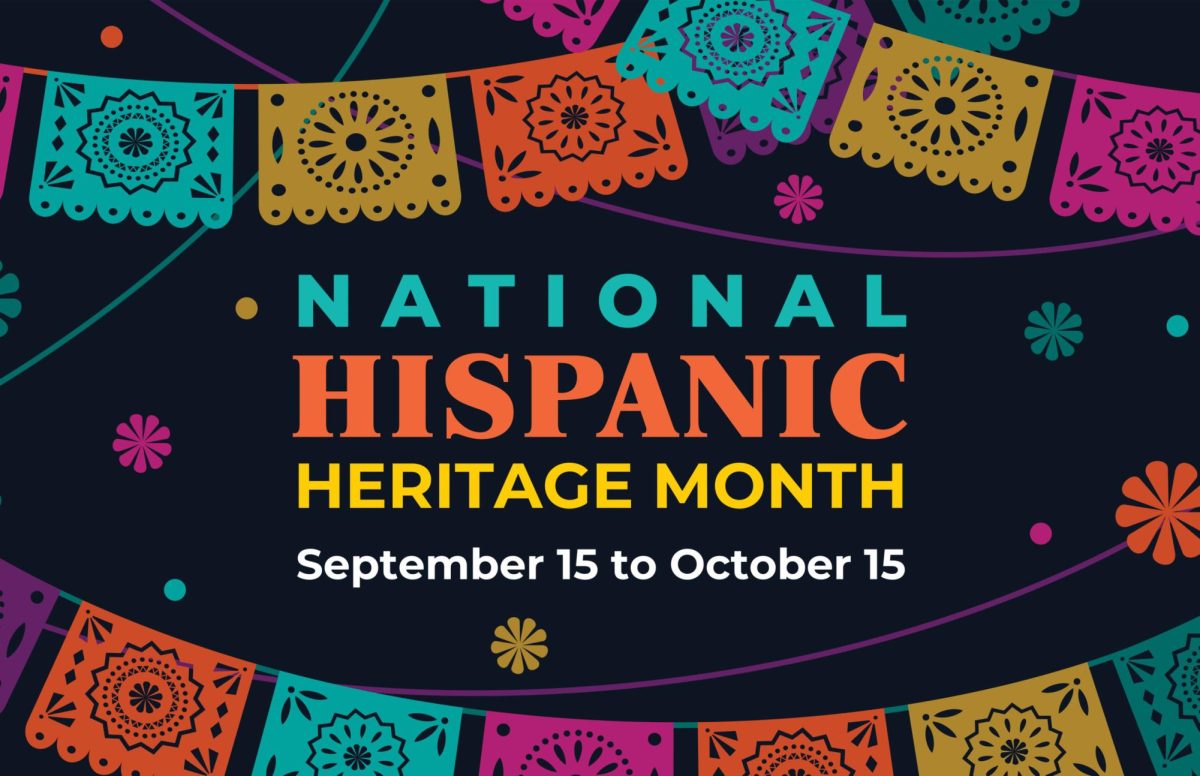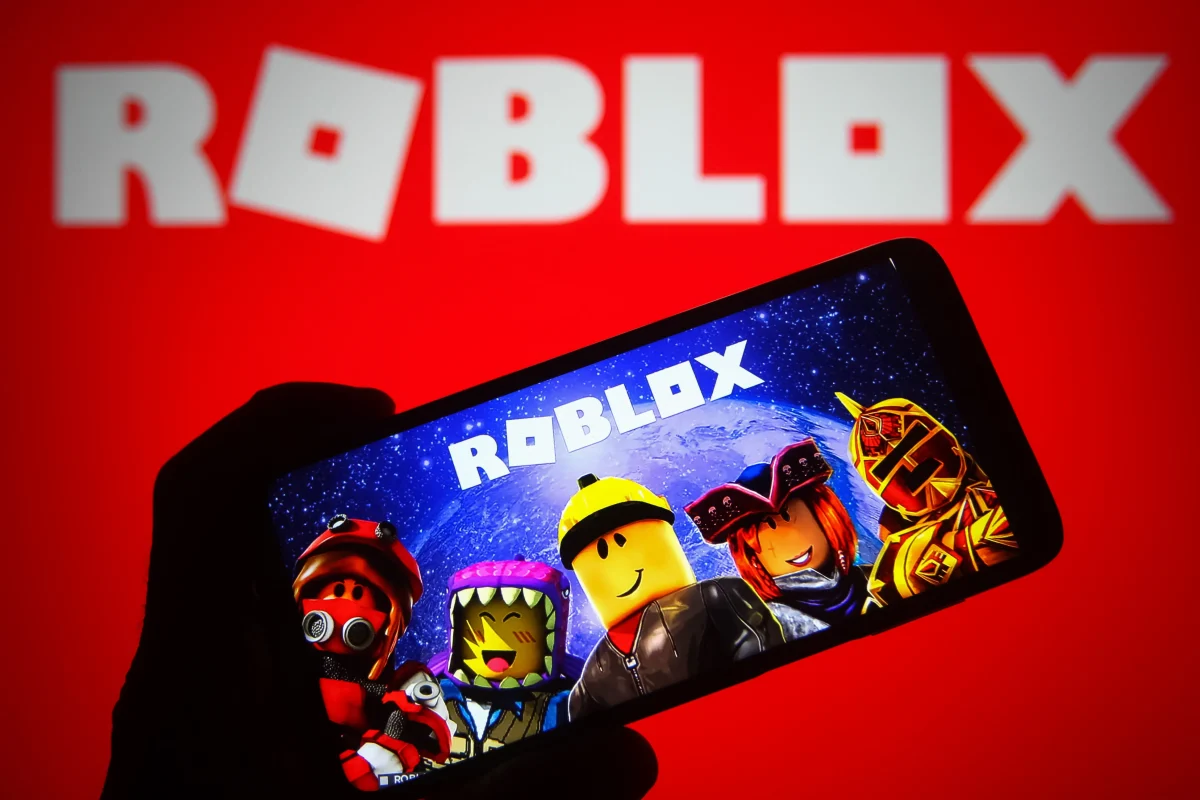As the presence of artificial intelligence is rapidly expanding into our everyday lives, varying opinions as to whether or not AI should be intertwined with schools have sparked major attention around the world. While some influential figures detest the use of AI, including many Hollywood actors and high-profile celebrities, other well-known individuals are all for it—including President Trump. Recently, Trump signed an executive order stating that teachers should educate their students about the use of AI in schools. These battling views raise the major question: to what extent should AI appear in schools?
Intrigued by this very question myself, I wanted to dive into the benefits and drawbacks of AI. As a highschool student, I can truly see both sides of the spectrum: AI resources such as ChatGPT and Gemini can be used as an excellent tool for studying, improving writing skills, coming up with creative ideas and more. However, these resources can also be heavily abused, causing a major issue for teachers within the classroom; some students plagiarize entire essays with the use of ChatGPT, as well as using it to cheat and not complete their work independently. I decided to meet with Chris McCaffrey, Wilson’s Virtual Academy & Innovation Coordinator, who specializes in AI use in schools, to find more answers on Wilson’s perspective towards this divisive topic.
Mr. Chris McCaffrey has been working for the Wilson School District for 25 years. His position has changed overtime; starting off as a math teacher, he then was promoted to an Instructional Coach, then being promoted to a Professional Learning Coordinator. Finally, he was assigned by the district to specialize in technology, as well as consulting with teachers in local districts who need assistance with technology.
Although technology has been intertwined within Wilson’s curriculum for about 15 years (with the use of chromebooks, iPads, etc.), AI was something rather foreign to McCaffrey and his fellow co-workers. ChatGPT came out during the year of 2022, yet it took nearly a full year before this tool became the popular resource that it is now. Around this time, the Berks County IU held their yearly “Leadership Symposium” at Kutztown University, an event established to inform local districts about current issues significantly impacting schools at that time. It just so happened that this event revolved entirely around ChatGPT and the use of AI in schools.
AI expert AJ Juliani led the symposium, walking through every aspect of artificial intelligence. Mr. McCaffrey presented me with the very slideshow that Mr. Juliani introduced the schools, which was incredibly informative. The slides formally defined AI, while offering varying perspectives on its use. Arguably the most helpful slide was one that provided a visual representation of “AI’s Benefits & Risks:” its benefits included “content differentiation for students, assessment design and timely, effective feedback, tutoring and personalized assistance, aiding creativity, collaboration, and skill development,” and “school management and operational efficiency.” However, its drawbacks certainly stood out, including “misinformation and academic dishonesty, diminished student and teacher agency & accountability, compromised privacy and unauthorized data collection, overreliance, loss of creative & critical thinking,” and finally “perpetuating societal bias.” These standards were eventually translated into the creation of Wilson’s AI Guidelines, something Mr. McCaffrey was very involved in the making of. The virtual presentation also revealed a sliding scale titled “What is Cheating with AI?” allowing for teachers to navigate the grey area of disciplinary actions regarding students who abuse AI.
The Wilson Administration sent out an experienced team of employees to this symposium, who would later be formally referred to as Wilson’s “AI Task Force.” Alison Genova, Kate Rennix, Adam Smith, Kaitlyn Behrenshausen and Jenn Joyner attended the event with Mr. McCaffrey, where they ultimately asked themselves how they would bring this valuable information to Wilson. Following several informative sessions, the task force determined that bringing in teacher perspectives would be the next helpful step towards making set-in-stone guidelines.
When I asked McCaffrey about his personal take on AI, it was overwhelmingly positive. He certainly understands the harm that it can cause on academic integrity, referring to it as a “crutch” that students can often abuse. It can also be incredibly biased: McCaffrey used the example of searching up the “Top 10 Best Soccer Players,” in which they instantly respond with all male athletes rather than featuring any females. However, he sees AI as a truly incredible resource. Its instant feedback can translate any text into Spanish or braille. It can provide major benefits to overworked teachers with a heavy workload and a roster of hundreds of students, as it gives quality, timely feedback that entirely focuses on the individuality of the student.
As a student, I have the opportunity of hearing both sides of the argument regarding the use of AI in schools, and most commonly, the majority of teachers are incredibly against it. I’ve seen their frustration up close: towards cheating, plagiarism, lack of motivation, inability to maintain a long attention span, many of which they believe is attributed to AI. I expressed these frustrations to Mr. McCaffrey, and he ultimately responded with one solution for these teachers: to become “AI literate.” According to McCaffrey, most students are inclined to cheat in some form throughout their years in school; the unfortunate reality is that cheating in schools is inevitable, and due to the presence of AI, it frequently falls under this umbrella. However, by teachers educating themselves on the uses of AI and the fine line between utilizing it as a helpful tool compared to a resource for cheating, Mr. McCaffrey believes that many of these frustrations will subside over time.
Contrasting to the feelings of many Wilson teachers, a large uproar recently occurred amongst the student body after ChatGPT was blocked by the school, meaning students had absolutely no access to this resource on their school-monitored accounts. Students were very upset about this sudden decision; up until then, ChatGPT was arguably the most popular AI resource utilized by Wilson High School. McCaffrey said this was a very intentional decision, as ChatGPT did not ensure the safety of its users. However, Gemini, a Google-based resource, remains unblocked on Wilson accounts because it does align with the school’s safety policies involving technology.
My final question for Mr. McCaffrey was how he believes AI will affect the future of our schools, and frankly, the entirety of the world. He stated this was “the million dollar question” that many people inquired and others feared. McCaffrey expressed his genuine concern for the future, since AI will most likely result in the loss of jobs and opportunities for people all around the world. He predicted that within the next 10-20 years, this very likelihood will occur, affecting millions of individuals. Therefore, he heavily emphasized the importance of educating oneself on artificial intelligence and its purpose, as the more it continues to evolve in our society, the more we have to deal with its consequences.


